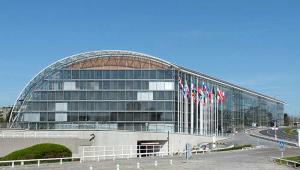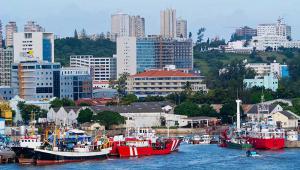The Supporting Psychosocial Health and Resilience in Liberia project will be implemented by the Carter Center, a non-profit public policy organisation, the World Bank stated.
The grant is funded by Japan through the Japanese Social Development Fund (JSDF), a trust fund administered by the World Bank.
The project will also support capacity building and training for existing cadres of mental health providers, the bank said. It went on to say that, the three-year project would provide around 18,000 beneficiaries with mental health and psychosocial support in Montserrado, the only county in Liberia that has active Ebola cases. It said the JSDF project included the creation of a new cadre of child mental health clinicians that would be deployed to schools.
World Bank Liberia Country Manager Inguna Dobraja said: ‘The project will respond to the most urgent psychosocial and mental health needs of the Ebola crisis, and will contribute to building psychosocial resilience at the individual and community level.’
Bernice Dahn, Liberia’s chief medical officer and deputy minister of health, added: ‘I want to thank the government of Japan and the World Bank for their support to help ease the psychosocial impact of the Ebola outbreak in Liberia.’
She also recognised the contribution of the Carter Center in training over 100 mental health clinicians who were currently providing services in the Liberian counties.
In a separate report, the World Bank said Liberia was moving back to ‘economic normalisation’ driven by a wage increase in urban areas as the number of Ebola cases slowed. One fifth of Liberians who had stopped working since the Ebola crisis have returned to work in the last month, the report found.
But it said its recent round of mobile phone surveys had found that a substantial percentage of those working before the outbreak remain out of work. The lender warned that self-employed individuals would continue to be the hardest hit by Ebola, because of a lack of customers as the main barriers to their work.
It said as the health care crisis in the West African country slows, it was important to identify and support those who were most vulnerable to a sluggish economy.













